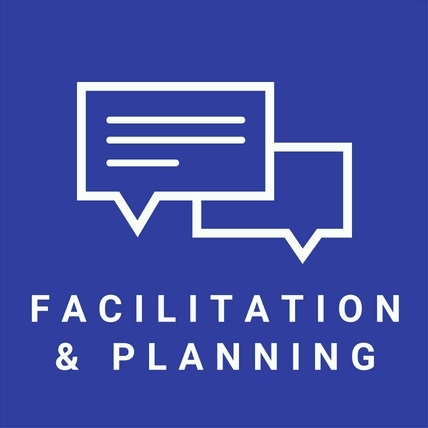Projects
CCBR typically has 15-20 ongoing projects and has completed over 450 projects since 1982. Each project is guided by our commitment to impacting social change in practical and powerful ways. We conduct research with people not on people, cultivating respect with communities at every step of the process.
Projects can be searched for using words from the project title or using the service area, theme, or date range for the project. You can also type 'Service Area' or 'Theme' into the search bar to get a list of options in each of these fields.
Projects
CCBR provided facilitation to a new community of practice (CoP) in the area of acquired brain injury and community participation. The study was funded by the Ontario Neurotrauma Foundation.
CCBR supported the evaluation of the Neighbours, Friends, and Families Campaign, a public awareness campaign designed to reach neighbours, friends and family members of women and their children who are experiencing abuse. CCBR’s role was the completion of data analysis and a summary report. This evaluation was funded by the Centre for Research & Education on Violence Against Women & Children.
CCBR partnered with the Region of Waterloo to capture and tell the story of Supportive Housing of Waterloo (SHOW)’s first building. CCBR conducted focus groups and interviews with stakeholders to understand the process and progress of planning and making a permanent, affordable supportive housing complex.
CCBR conducted an evaluation for Learning Disabilities Association of Ontario (LDAO)’s web-based teaching tool (WBTT), an online early screening and intervention program for use by primary teachers in Ontario’s publicly funded school boards.
CCBR disseminated evaluation findings peer-reviewed publications, public reports, a website and other online forums, conferences, and a public feedback session of a previous longitudinal evaluation of recovery-focused case-management services in Waterloo-Wellington-Dufferin. This project was funded by Trellis Mental Health and Developmental Services.
The goal of this project was to make Canadian registered charities more aware of their legal obligations under the Income Tax Act and to increase compliance with the requirements of the Act. This project used adult education principles to develop and delivered a range of training activities, building on the activities that were previously undertaken by the Canada Revenue Agency.
CCBR provided consultation services regarding the development of evaluation guidelines and indicators to be used to track community health.
CCBR worked with staff to develop and implement a comprehensive plan for ongoing evaluation at these two organizations that offer prevention, education, and support services to people living with HIV and AIDs.
CCBR provided two evaluation reports on the effectiveness of the High on Life Challenge, a prevention program designed to help youth find healthy alternatives to drugs and alcohol.
CCBR provided evaluation support for Raising the Bar on Quality, an Affiliated Services for Children & Youth (ASCY) program designed to help child care providers ensure children are receiving high quality early learning and child care services.
CCBR developed a national outcomes framework with the Boys and Girls Clubs of Canada (BGCC). The framework articulated the central goals of the BGCC program model and the theory of change that specifies the links between the model and measurable outcomes. This framework was used to advance the research and evaluation capacity of BGCC and to market the organizational mandate to community partners.
CCBR conducted a small formative evaluation of recovery-focused crisis planning in the area of mental health and addictions in Waterloo-Wellington-Dufferin. The study was intended to better understand crisis planning practices in the region, with a specific focus on a crisis planning tool called the Recovery Support Plan (RSP). The evaluation was funded by Trellis Mental Health and Development Services.












